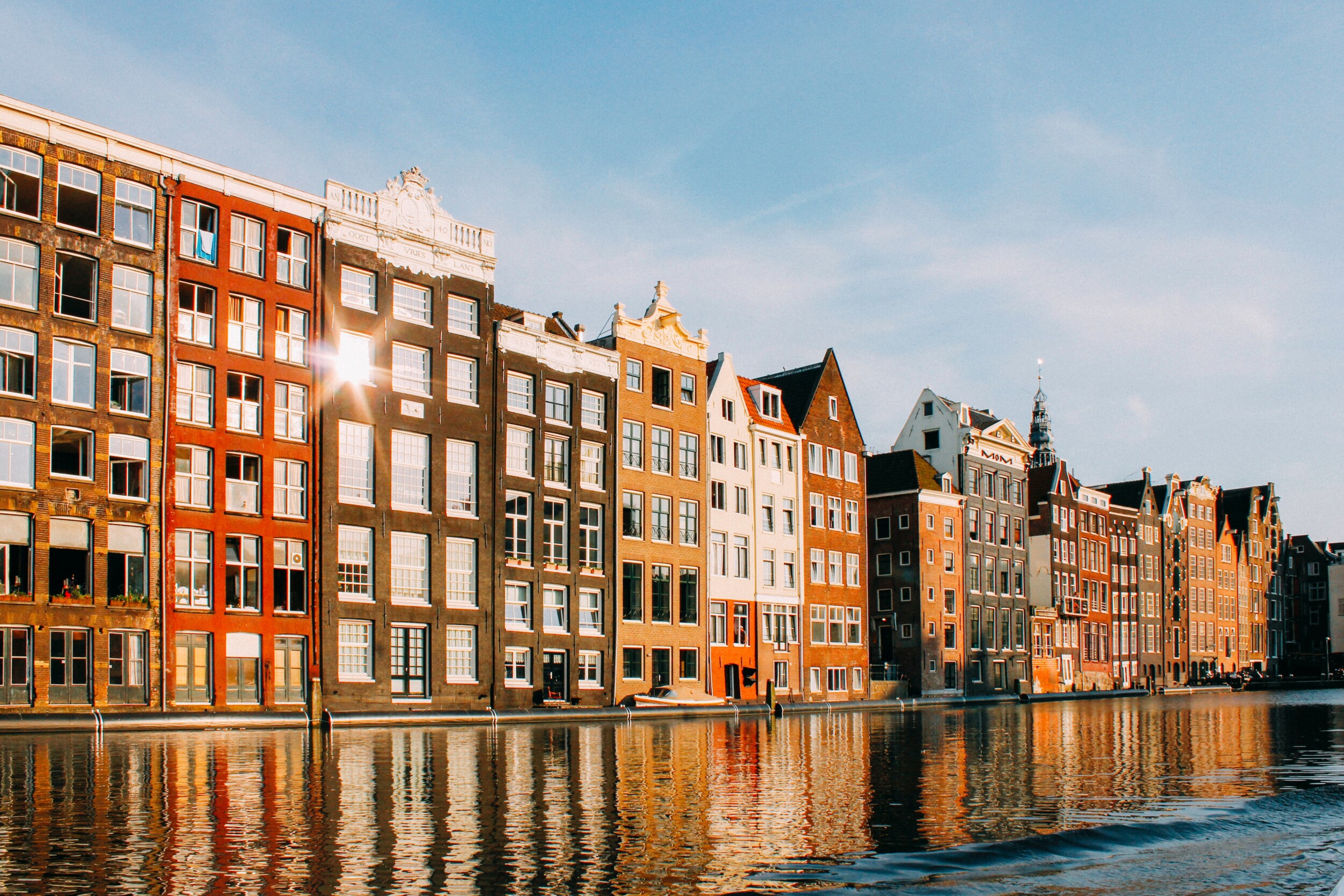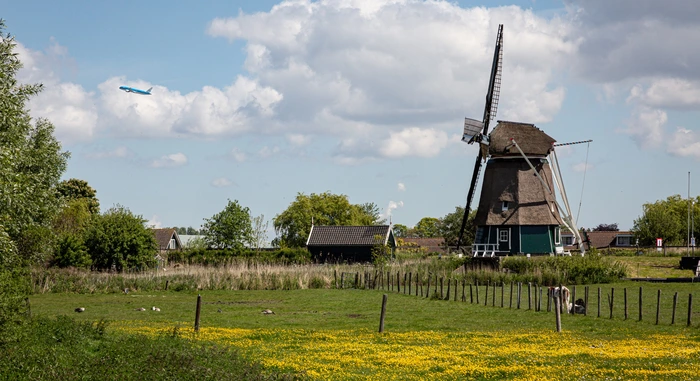8 juni 2023
Expat guide: things to consider when moving to the Netherlands
The Netherlands is renowned for its welcoming nature towards those who are seeking to establish their new home. The country is highly popular among expats and boasts a diverse range of communities catering to individuals from various backgrounds. Fun fact: did you know that Amsterdam is home to 180 nationalities, and therefore one of the most multicultural cities in the world?
These communities serve as valuable resources for new expats, offering guidance on navigating Dutch systems, expanding knowledge of local regulations, and fostering connections with fellow expats.
Yet moving to the Netherlands is more than just packing up your valuables and heading over. There are several points that are important to take into account before you are or when you are planning to move. We discuss them all in the article below.
1. Long-term or short-stay residency planning
When planning to relocate to the Netherlands, it is crucial to plan ahead for your residency status, whether it’s intended as a long-term or short-stay arrangement. Finding suitable rental accommodations poses a challenge, as most rental agencies require tenants to provide a signed employment agreement and a valid European identification card or Dutch residency permit. Expats from Europe often meet these requirements effortlessly due to their existing European identification. On the other hand, expats from outside Europe sponsored by their employers can obtain their residency permit after arrival. This is done by scheduling an appointment with the IND office. Since securing a rental from abroad is typically difficult, many expats opt to stay temporarily with relatives or in Airbnb accommodations until they settle in the Netherlands.
2. Registration at a municipality
If your stay in the Netherlands exceeds four months, it is mandatory to register at the municipality where you will reside. You must complete this registration within five days of your arrival. To register, schedule an appointment with the municipality, which will facilitate the following processes:
- Issuance of a citizen service number (BSN), which is necessary for income tax benefits and government interactions, as well as healthcare insurance.
- Inclusion in the Personal Records Database (BRP), which lists all residents in the Netherlands.
It’s important to note that obtaining a BSN number from the BRP department of the municipality requires a Dutch home address. However, if you don’t possess a Dutch home address, you can register as a non-resident with the RNI department of the municipality. This alternative route allows you to receive a BSN number using your home country address instead. However, the BSN number granted through this method is valid for a maximum of four months, providing a temporary period to secure a rental that aligns with your preferences.

3. Application for a DigiD
In the Netherlands, the DigiD (digital identity) system is widely employed by citizens when interacting with governmental organizations such as the Tax and Customs Administration. To apply for a DigiD, a valid BSN number is required.
4. Enrollment in health insurance
Every individual residing in the Netherlands must possess health insurance provided by a Dutch insurer. The standard package typically covers a comprehensive range of healthcare services, including general practitioner (GP) and hospital care. If you would like more information about the range of healthcare, do contact the health insurance information line (Zorgverzekeringslijn). While registering with a GP is not obligatory, it is advisable to do so in order to have access to healthcare services when needed. Your municipality or insurer can provide you with more details.

5. Apply with the Tax and Customs Administration to receive benefits
You may be eligible for benefits offered by the Tax and Customs Administration (known to the Dutch as the Belastingdienst) to assist with the costs of rental housing, health insurance, or childcare. The benefits you receive, if applicable, depend on your income, often assessed at the household level. The benefits encompass:
- Housing benefit (applicable to rented accommodation, if rent is below €809,-)
- Healthcare benefit (relevant to individuals with Dutch health insurance)
- Child budget (available to parents of children under 18)
- Childcare benefit (provided for children attending daycare or out-of-school care)
